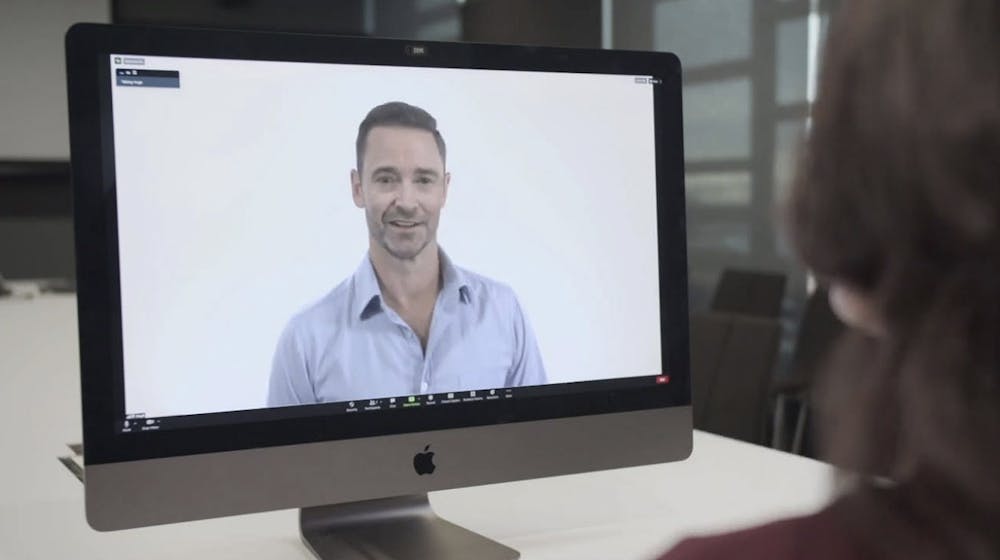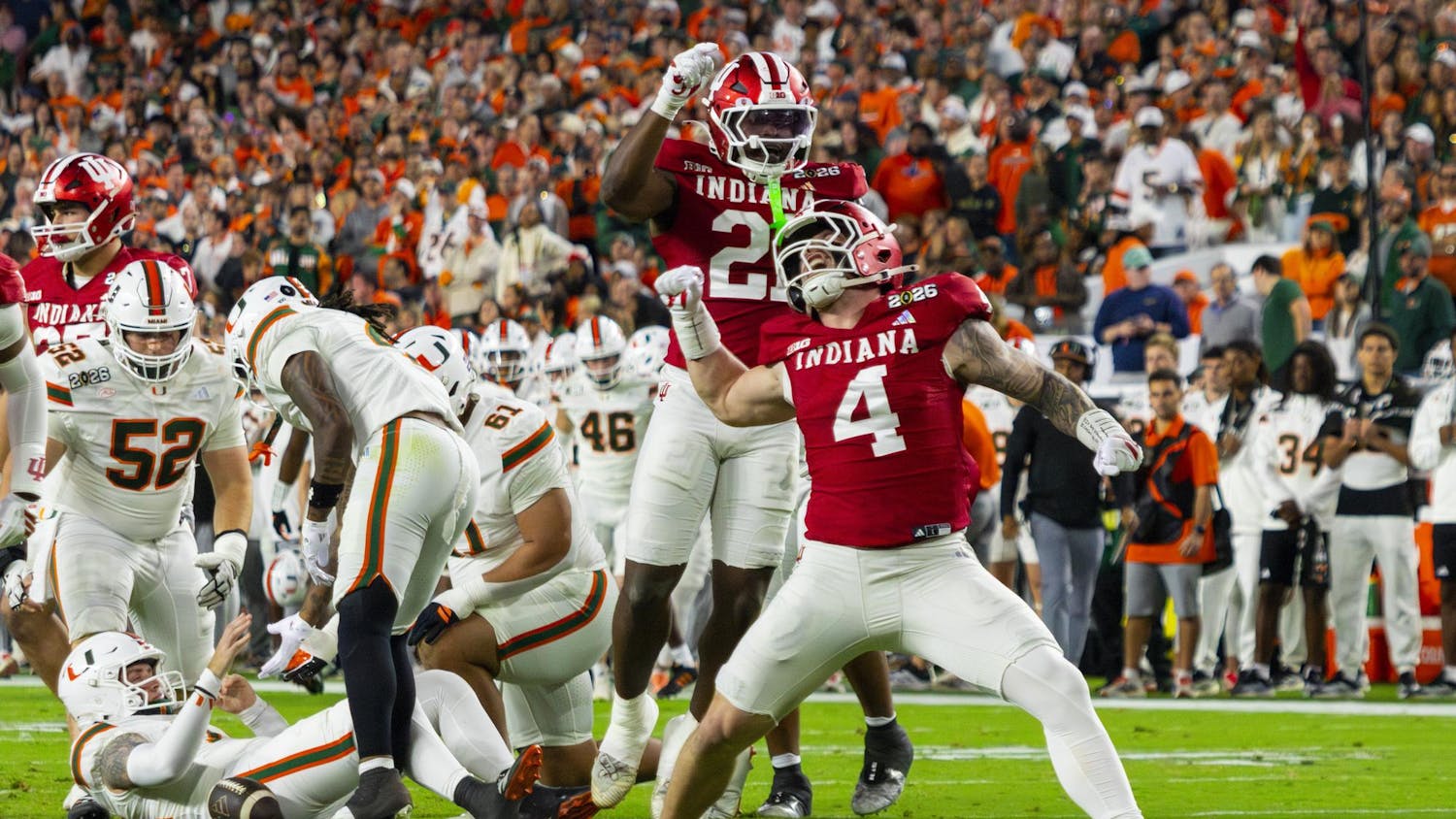Recently developed to mimic the features of real-life humans, digital humans — a new form of AI — could be used as online tutors.
Antino Kim, IU associate professor of information systems in the Kelley School of Business, said digital humans could be programmed with emotion AI to provide more meaningful tutoring sessions.
Emotion AI is a type of AI technology that recognizes and mimics human emotions. Because it can be hard for human instructors to judge how engaged people are, Kim said emotion AI can be used to measure student engagement and adjust accordingly.
“Interacting with anthropomorphized digital humans that look real and display that level of empathy and human emotion could certainly help in providing tutoring services and increasing overall service quality,” Kim said. “It’s important to measure engagement and dynamically react to students.”
Programmers would have to include a training data set, or knowledge base to draw from, when designing digital human tutors, Kim said. This would involve giving digital humans a set of possible questions it could be asked and a variety of ways the AI can explain the answer.
“This kind of back-end brain can be connected to the front end of a digital human to provide that kind of tutoring service,” Kim said.
While the university is still adjusting to other recent AI technologies, such as ChatGPT, Kim said digital humans could potentially be used.
IU has experimented with providing tech support service using an AI chatbot, Kim said. They found that most users liked interacting with the chatbot and found it more useful than doing traditional individual searches.
There are potential drawbacks to adopting digital humans as tutors including lack of face-to-face interaction, Kim said. People need genuine human connections, something AI could never truly replicate.
“There’s something unique about human interaction that machines will never ever replace,” Kim said. “Even if the look is the same — even if the script is the same — humans have a natural affinity towards human interaction.”
AI is bound to make mistakes, Kim said. It can misunderstand a question and cause students to spend extra time trying to word the question correctly so it will give the right answer.
[Related: IU Kelley professors study possibilities of AI technology]
He said that as AI becomes more advanced and capable of doing human-like things, such as creating art and music, it may cause people to worry about whether they have an edge over this all-encompassing technology.
“We can do the same thing with less money, less time, less resources,” Kim said. “There will be a decrease in employment and decrease in negotiating power, which leads to a decrease in salary.”
Adam Maksl, associate professor of journalism at IU Southeast and faculty fellow for eLearning design and innovation with learning technology for UITS at IU, said digital humans could provide unlimited guidance and can draw from a massive database. Even though it is still unclear whether students will enjoy working with digital human tutors, AI could work as a digital collaborator to help people be more creative in the educational realm.
“It has a potential to be really effective and allow us to focus on the uniquely human aspects of learning,” Maksl said. “It should really challenge us to think about not just how we are teaching, but also assess what we are teaching.”
Technology is moving too fast to give society enough time to think about the ethical implications and challenges that come with this it, Masksl said. While it is easy to assign trust and emotion to AI, it is important to keep in mind that digital humans are only tools.
“It becomes harder and harder for us to recognize that these are generated for specific purposes,” Maksl said. “Education is more than a simple transaction; it’s about a relationship, and it can be augmented by AI, but a human is still an elemental part of that.”
Leslie Robinson, director of the IU Academic Support Center, said digital humans have more potential than other AI like ChatGPT because it is not just spitting out an answer with no explanation. Digital humans could expand on the topic and provide more background.
[Related: COLUMN: The robots are taking over: Chat GPT made a band]
If IU were to consider experimenting with digital humans, Robinson said it is important to keep track of whether students are still producing original work. She is concerned about the extent to which digital human tutors can empathize with students as well as adapt to differing learning styles.
“I don’t know the extent to which the digital human would be manifesting that sort of personality that might resonate with students,” Robinson said. “It feels a little rigid.”
IU freshman and media major Ally Wolfgang said digital human tutors could be more useful because they have a wide database and are available at any time to help, but she would prefer a human tutor.
“It might be more to the point, but in the long run, I think a real tutor could help because they know your learning habits,” Wolfgang said.
IU sophomore and tutor Defne Barnar said she thinks digital human tutors might encourage students to take advantage of the AI and go to them for a quick solution. Working with real people offers a more meaningful level of education for students.
“I think the overall point of a tutor, such as helping a student understand concepts, gets lost,” Barnar said. “There’s no connection.”




